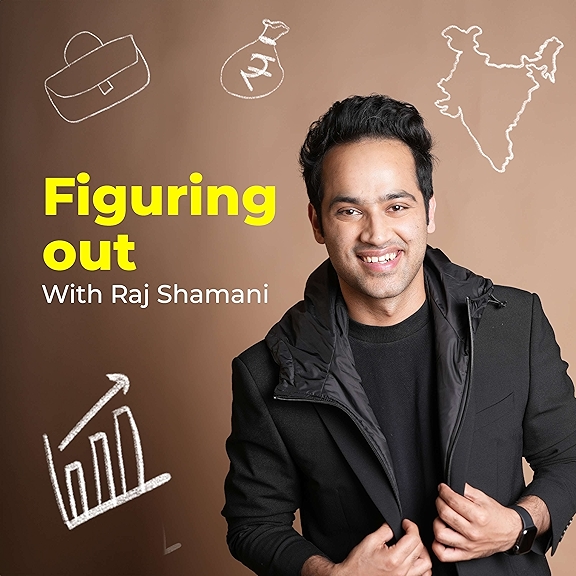
An Inside Look at The Geisinger Commonwealth School of Medicine
Wondering if you're a good fit for the Geisinger Commonwealth SOM? [Show Summary]
Dr. Michelle Schmude, Associate Dean of Admissions at Geisinger Commonwealth School of Medicine, shares everything that’s new in the program, including a revised curriculum and a unique opportunity that allows students to graduate debt free.
Interview with Dr. Michelle Schmude, Associate Dean of Admissions at Geisinger Commonwealth SOM [Show Notes]
Welcome to the 482nd episode of Admissions Straight Talk. Thanks for tuning in. Do you know how to get accepted to medical school? Well, Dr. Suzi Schweikert does, and she shares her knowledge and insight in Accepted's free guide, Med School Admissions: What You Need to Know to Get Accepted. Download your free copy at accepted.com/482download.
Today's guest, Dr. Michelle Schmude, has spent her career in higher ed administration and med school admissions. After earning her BA in History and Business, she went on to earn an MBA and then a Doctorate in Education from Wilkes University. Since 1996, she has worked in admissions, first as Dean of Full-Time Admissions at Point Park University, then at Kings College, and since 2015, as Director and then as Associate Dean of Admissions, Enrollment Management and Financial Aid at Geisinger Commonwealth School of Medicine. She's also an Associate Professor of Medical Education at Geisinger. Now that you know a little bit about Dr. Schmude, let's find out about Geisinger Commonwealth School of Medicine and its admissions policies.
Can you give us an overview of the Geisinger Commonwealth Med School program focusing on its more distinctive elements? [1:57]
Geisinger Commonwealth School of Medicine offers the MD degree, which is the Doctorate of Medicine, and we are an allopathic medical school. We are located in Scranton, Pennsylvania, and we were founded in 2008 as the Commonwealth Medical College, which transformed into Geisinger Commonwealth School of Medicine in 2017.
Right now, we enroll 115 students in each medical school class. Our MD curriculum is known as the Total Health Curriculum, and it is divided into three phases. The first phase prepares our students in terms of the principles of medical sciences and practices. The second phase would be our core clinical immersion. And the last phase is our career differentiation and exploration, which prepares students for the transition to residency.
Also, highlighted within our MD curriculum and our Total Health curriculum, we have six longitudinal themes, where our students are immersed in Health Equity and Justice, Personal and Professional Development, Health System Citizenship, Primary Care, Community Immersion, and Population Health. These themes are interwoven throughout the four years of our medical school program in both our basic sciences as well as our clinical sciences.
Are the themes something that a student chooses to focus on or does everybody cover all six themes through the three stages? [3:44]
That's a great question. All of our students participate in the six themes. Additionally, our students participate in active learning sessions. In our medical school curriculum, along with the six themes, we do not have any lectures. So our students prepare ahead of time and they come to class as active participants in their learning experiences. They’ll engage in small groups, workshops, reflection, and case-based learning. They also engage in early clinical experiences, and those experiences do have the six themes woven throughout.
It sounds like it's very much of a flipped classroom kind of experience. [4:39]
It absolutely is a flipped classroom.
We assume our students come to class prepared because they are provided with all of the materials ahead of time. They have that knowledge and they are able to engage in these active learning experiences to help further their understanding and application of the course content.




















